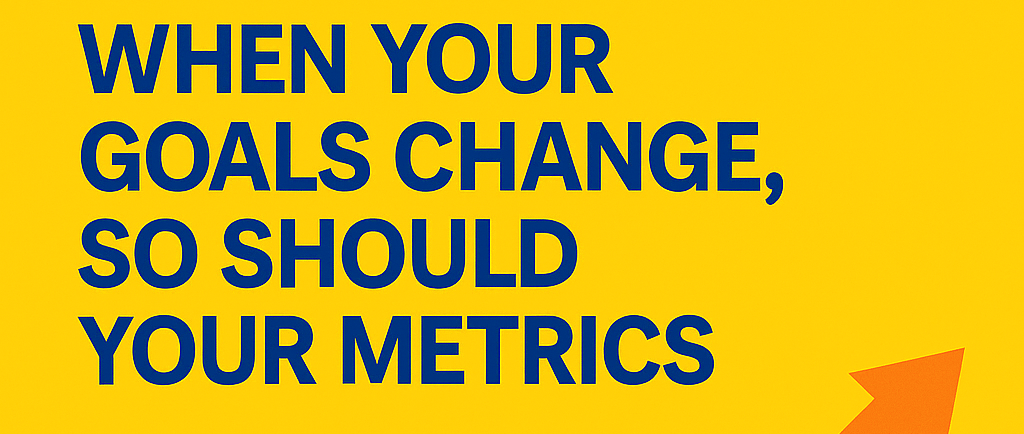When Your Goals Change, So Should Your Metrics
How evolving priorities mean redefining success at every career stage
Kamy Charles
9/24/20251 min read


For many professionals, success starts with the obvious markers: promotions, pay raises, new titles. But as careers—and lives—evolve, those same metrics don’t always reflect what matters most anymore.
The result? You hit every milestone but still feel like something’s missing.
---
The Problem with Static Metrics
We’re taught early to measure success by external markers:
Salary
Job title
Company name
But over time, priorities shift:
Work-life balance
Health and well-being
Flexibility and autonomy
Purpose and impact
If you’re still using the old scorecard, you risk building a career that doesn’t fit your life anymore.
---
Why Metrics Must Evolve with Goals
At Opus Opportunities, we help professionals reassess success as they grow. Because:
Alignment matters → Goals change as life stages do.
Burnout risk is real → Chasing outdated metrics leads to exhaustion, not fulfillment.
True success is personal → It should reflect values, not just achievements.
When your goals shift, the way you measure progress has to shift too.
---
How to Redefine Success in Your Career
1. Check your values → What matters most right now? Stability? Freedom? Impact?
2. Set new metrics → If balance is a goal, measure rest and health, not just hours worked.
3. Review regularly → Goals evolve. So should the way you track progress.
This keeps your career growth intentional instead of automatic.
---
Final Thought
The success metrics you had at 25 might not fit the life you want at 35—or 45.
Redefining success isn’t failure. It’s wisdom.
